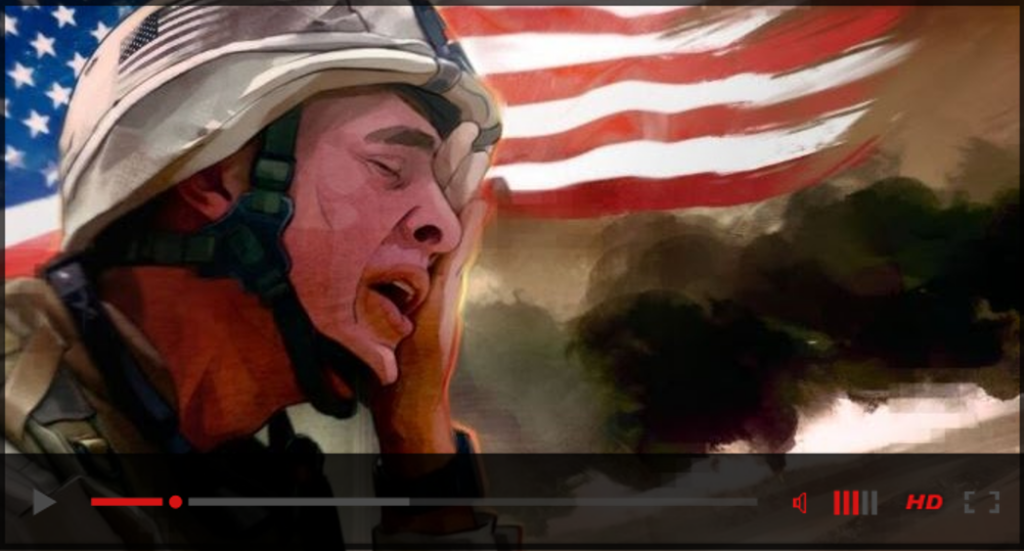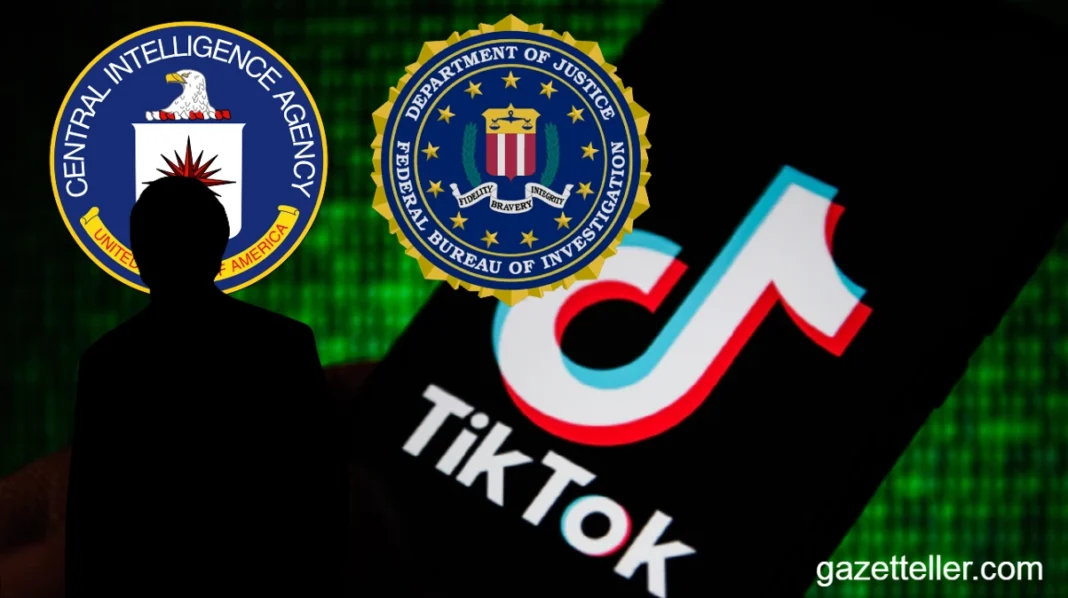In the uncanny world of the internet, where it feels like someone always has a surveillance camera on you, we may have found a new species of Chinese Trojan Horse – TikTok. Or have we? Join us as we dive headfirst into an investigation full of spine-chilling discoveries, questionable motives, and twisty-turny conspiracy theories.
This tale begins amidst growing concerns over TikTok, with its billion-strong user base, becoming a potential Chinese Trojan Horse. Yet, just when you thought you’d pieced the puzzle together, MintPress News uncovers an astonishing truth. It’s a truth that will make you question everything you know about TikTok’s supposed ties to Beijing.
We’re talking about an alarming number of former U.S. State Department officials and personnel from national security agencies hiding in plain sight, perched high within TikTok’s ranks. It’s an insidious twist in our tale, one that will leave you reeling.
These ex-officials, these “ghosts” of the FBI, CIA, and State Department, are wielding significant influence over the content that TikTok’s billion-plus users worldwide are exposed to.
While the American politicians bicker over banning the app on national security grounds and argue over internet surveillance laws, it seems the real threat has been lurking in our backyard all along. These ex-officials seem to have tighter ties with Washington than Beijing, making TikTok a pawn in their grand chess game.
Dive deeper, and we find the tentacles of this Washington octopus reaching out further, drawing former State Department officials into TikTok’s web. A prime example is Jade Nester. This former Washington heavyweight, with her State Department pedigree, now heads data public policy for TikTok in Europe. Nester’s quick switch from public service to the private sector raises a dramatic question: Is there more to her shift than meets the eye?

And Nester is not alone. Mariola Janik, once entrenched in the State Department and the Department of Homeland Security, now moderates content and shapes algorithms as TikTok’s trust and safety program manager.
We’re left asking, does this startling shift serve a higher, clandestine purpose?
Consider this – if a high-ranking Chinese official was caught influencing American social media feeds, Washington would be up in arms. Yet here we have former U.S. government officials influencing global content, and the silence is deafening.
Another curious case is that of Christian Cardona.
Having served in the State Department, even undertaking roles in Poland, Turkey, and Oman, Cardona moved to TikTok, taking on the role of product policy manager for trust and safety. But the question remains – why the sudden transition?
Even the recruitment division of TikTok is not immune. Katrina Villacisneros, a former State Department official with ties to the U.S. Army Cyber Command, now oversees hiring. The connections don’t stop there. We’ve got Brad Earman, a former Air Force special agent, and Ryan Walsh, once a senior advisor for digital strategy at the State Department, among others.

The presence of these ex-officials in politically sensitive positions within TikTok is unsettling.
Their roles could enable state censorship and global influence on an unprecedented scale.
After all, haven’t we seen the U.S. government’s heavy hand in online public opinion manipulation?
Haven’t we seen Facebook, the social media giant, conspiring with the Pentagon for online influence operations and fake news campaigns?
If we draw back and look at the larger picture, TikTok isn’t the lone black sheep. The tech world teems with similar trends. Google has a bevy of senior employees with CIA ties. Twitter is busy hiring former FBI agents.
Must See: ”Deep State: How to Defeat America’s Greatest Enemy” and see what YOU can do about it!
Reddit recently roped in a hawkish Atlantic Council member for a key role. It’s a wide-scale phenomenon – private companies are slowly but surely being infiltrated by ex-government officials. It’s an insidious play to control the information landscape and stifle dissenting voices.
TikTok’s woes are a microcosm of the U.S.-China geopolitical tussle. The U.S. stance towards China has shifted over the past decade, from a potential ally to a strategic rival. This sea change is embodied in Obama’s “Pivot to Asia” policy aimed at counteracting China’s economic rise. The U.S. has utilized every weapon in its arsenal, from military encirclement and economic sanctions to propaganda campaigns, to paint China as a threat.

Social media platforms, including TikTok, are increasingly influential, particularly among the younger generations. Their powerful algorithms shape public opinion, and it seems that the U.S. government has found a new strategy – placing their own within these platforms.
The TikTok controversy, in essence, reveals a deeper truth. It underscores the issue of former national security state officials occupying influential positions within major tech companies. And perhaps, it exposes the U.S. government’s attempts to wrestle control over global communication channels as it faces a decline in global power.
In the end, the story unfolds like a gripping thriller – the truth lies not in Beijing but closer to home in Washington.
It leaves us questioning – who is the real puppet master in this grand show of power and control?





